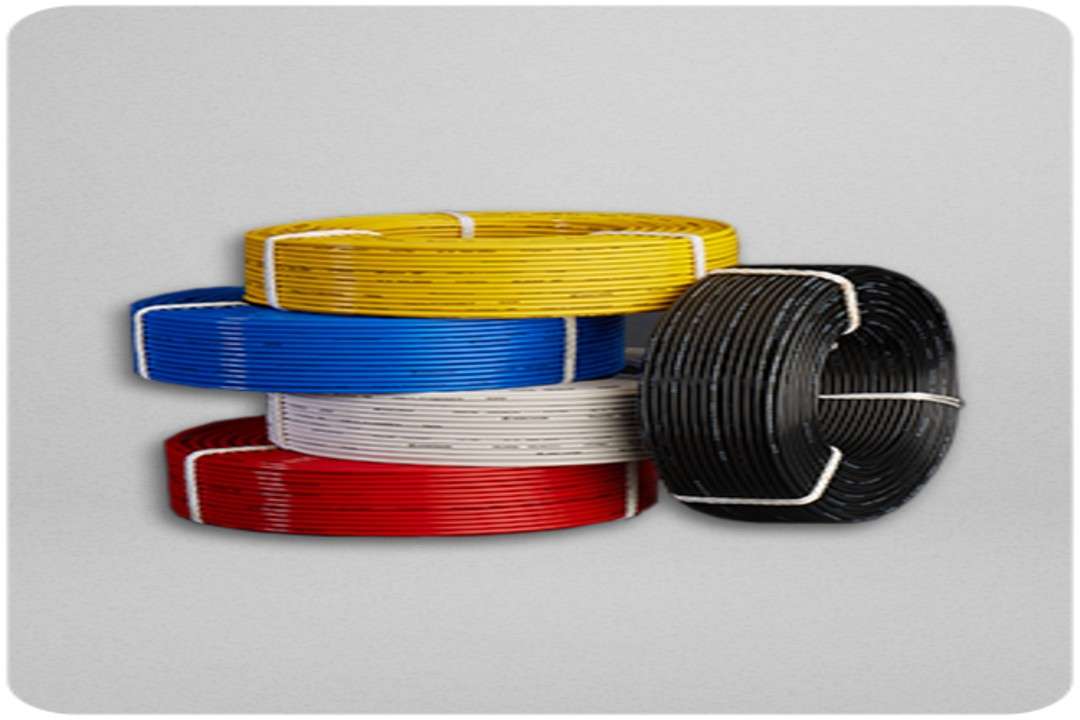Manish Sharma, Chairman of Panasonic Life Solutions India, has called for a dedicated production-linked incentive (PLI) scheme for air conditioning components, especially compressors and motors, highlighting the growing need to localize high-value manufacturing in India. Speaking after the government approved a new PLI initiative for passive electronics, Sharma said that while the latest move is a step in the right direction, further targeted incentives are essential for achieving deeper domestic value addition, particularly in the white goods sector.
On March 28, the Indian government cleared a PLI scheme worth ₹22,919 crore aimed at promoting the domestic manufacturing of passive, non-semiconductor electronic parts. These include basic building blocks such as capacitors, resistors, and heat sinks—items that are currently heavily imported.
Sharma welcomed the initiative, stating it would improve the competitiveness of Indian manufacturers globally. However, he emphasized that substantial volumes of printed circuit boards (PCBs), worth between $5 billion to $6 billion, are still being imported for final assembly in India. The country currently imports $12–13 billion worth of non-mobile electronic components annually.
To address this, he stressed the need to enhance local PCB production, which would, in turn, generate consistent demand for key components and make large-scale domestic manufacturing more viable.
Responding to ongoing industry appeals, Sharma echoed the demand for an expanded PLI scheme focused specifically on air conditioner parts. He pointed out that the AC industry has already consolidated enough demand to justify a specialized incentive framework.
Earlier, the Consumer Electronics and Appliances Manufacturers Association (CEAMA) had recommended a second round of PLI for the air conditioning sector to increase domestic value addition to over 70%. Sharma fully backed the suggestion, describing it as “urgently needed.” “The first round of incentives accelerated growth far faster than expected—what was planned for six years was achieved in less than four,” he said. “Now is the time to push further.”
The white goods PLI, announced in 2021 with a ₹6,238 crore outlay, has already shown results. As of January, 84 companies had registered under the scheme, committing a combined investment of ₹10,478 crore. The expected output from these projects stands at over ₹1.7 lakh crore by the end of the scheme’s term in 2028-29.
According to Sharma, almost all approved projects are operational. Several companies are now manufacturing compressors and motors domestically. The remaining bottlenecks—such as sourcing heat exchangers and metals like copper and aluminium—are expected to be addressed in the near future.
“PLI schemes serve as a temporary bridge—three to four years of support to help companies build scale and become self-sustaining in global markets,” Sharma noted. “That’s why I continue to advocate for such policy tools.”
Panasonic India is projecting revenue of ₹11,500 crore for the financial year ending March 2025, with profits nearing ₹1,000 crore. The company expects double-digit growth, led by robust performance in its air conditioning, electrical equipment, and business-to-business divisions, including smart manufacturing systems.








